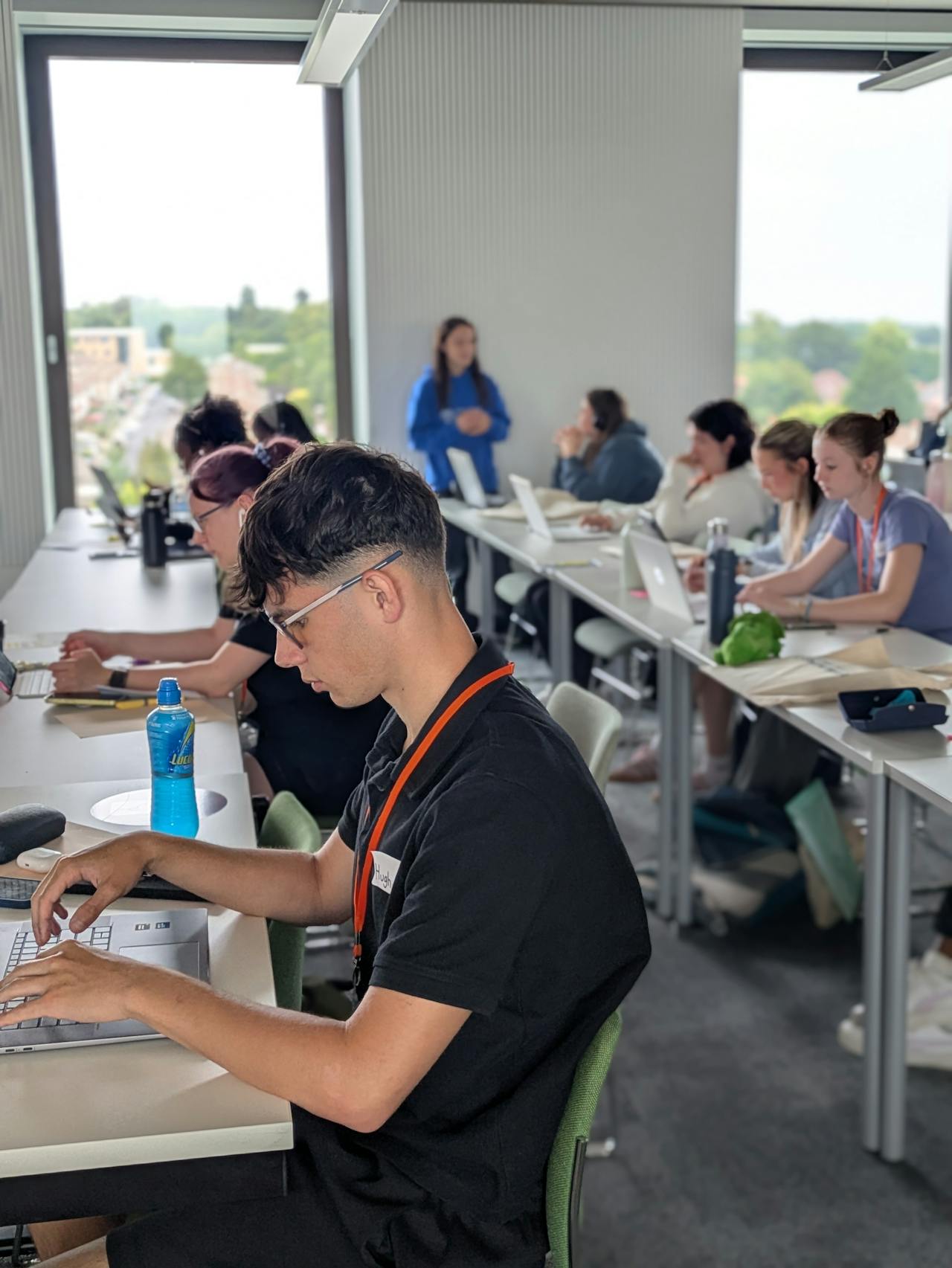All this is on top of their standard financial support, i.e. the maintenance loan and any bursaries – find the exact figures here – and students will have access to the support systems back in their UK University, as well as their host institution. Turing will also reach beyond Europe, will offer study and work placements to registered students and those who graduated in the previous twelve months, and there are no nationality restrictions. Note, if a student lives in Northern Ireland and has a British passport, they are still eligible to take part in Erasmus+ through Ireland’s participation.
For those looking for a longer-term adventure, spending their whole degree abroad is an interesting option. Many European countries are desirable due to their very low or sometimes non-existent fees, and some acclaimed universities in countries like The Netherlands, Belgium and Sweden offer courses taught entirely in English. The drawback to the astoundingly low tuition fees is that students may not have access to student finance and maintenance loans and, since the UK’s withdrawal from the EU, health insurance is another cost to be factored in. It is also important to check what support is available for students with certain needs. All is not lost however, as there are scholarships to support international study. As a compromise, students may consider the University of London Institute in Paris. It is an offshoot of a London university, with the same financial arrangements as any UK institution, but it is in Paris, with a small number of courses on the topics of culture, politics, law and French.
For the ambitious, North America boasts the top four universities in the world, according to the 2021 QS rankings.[2] An obvious drawback is the eye watering cost of some courses in the US, and that’s before insurance and flights. Again though, there are scholarships for these and many other countries (think Asia and Australasia) which could waive up to 100% of the fees. These are very competitive, but well worth a shot. Have a look on the institution’s website to see what might be an option.
Some universities even offer summer schools for those who want to focus on their course in the UK, but still gain that invaluable experience. These will be a few weeks long and could be anywhere from Spain to South Korea, they could be general or specific to the course, and they often have funding available. Many courses even integrate a funded few weeks or a field trip abroad into the course - search for the subject area “with international study” and you might be surprised.
Opportunities to study and work abroad exist and are feasible, and the incoming Turing scheme is committed to widening access and ensuring that students from disadvantaged backgrounds are not limited by circumstance. Beyond this, universities work hard at an individual level to support their students at every step, right down to taking phone calls when a student is homesick. It is an experience like no other, which leaves students with confidence, new skills, and friends from every corner of the world.
Your students can learn more about the experiences of others by searching for “year abroad blogs” to find what might suit them.




